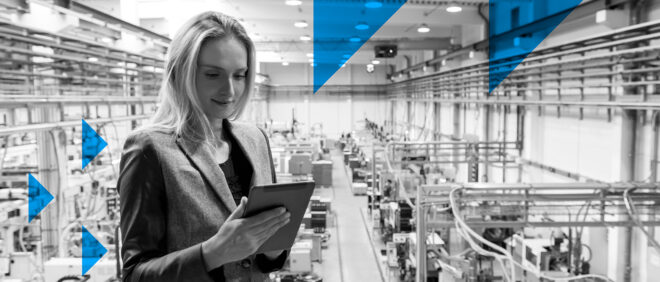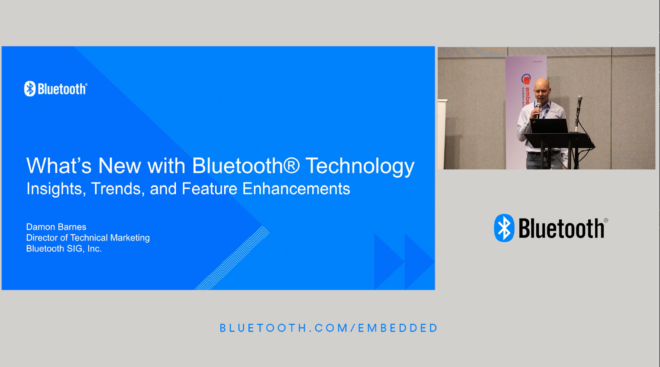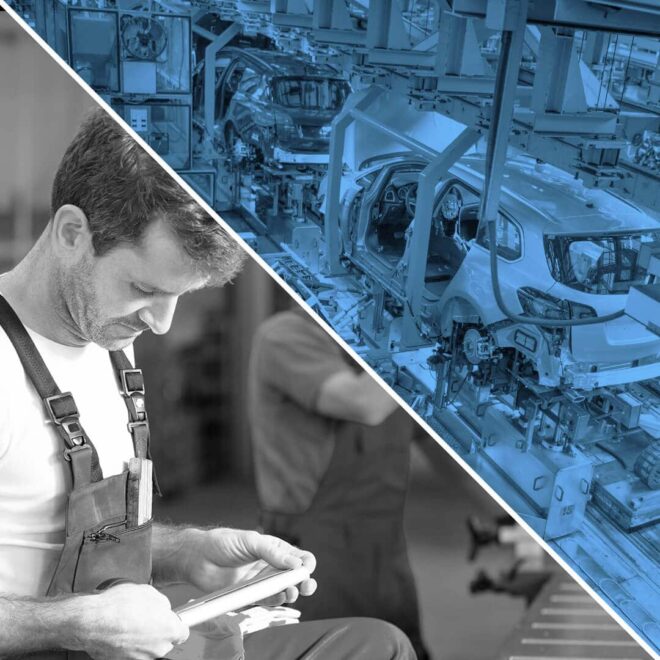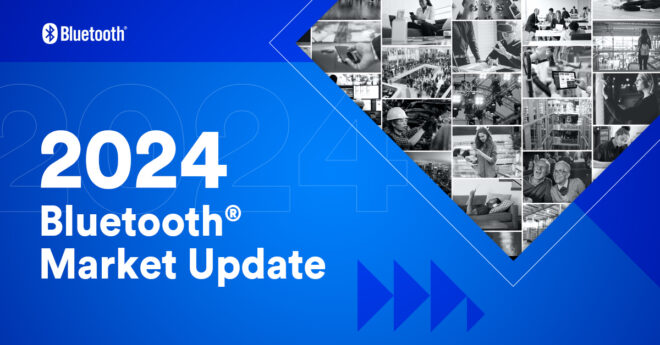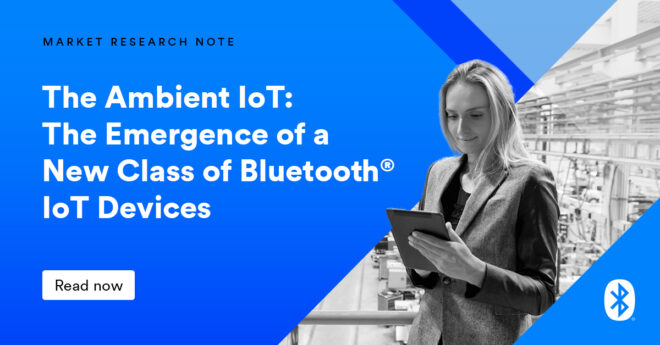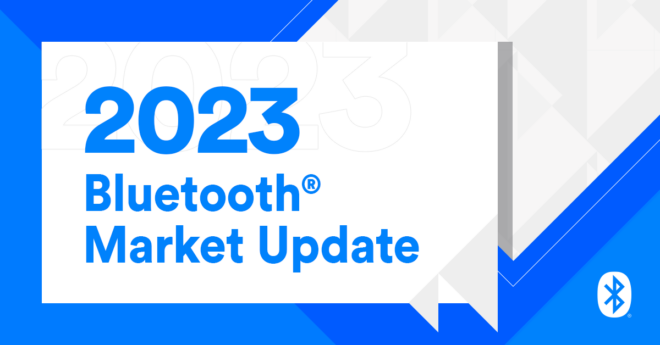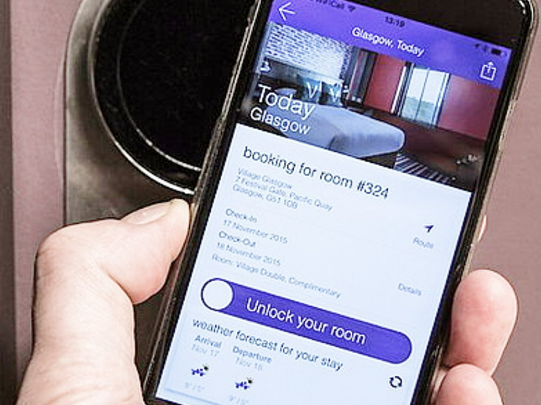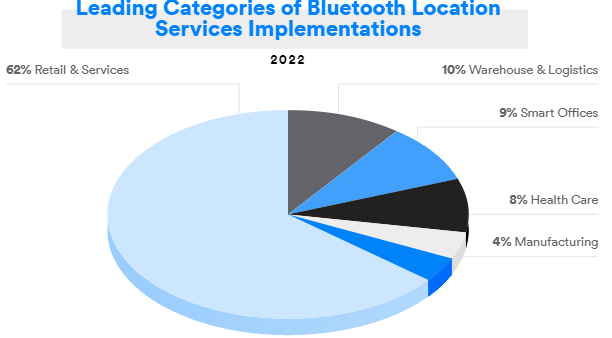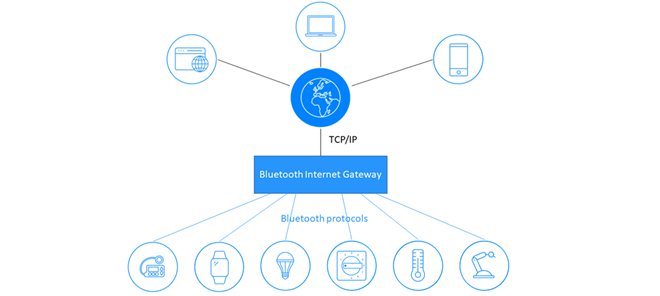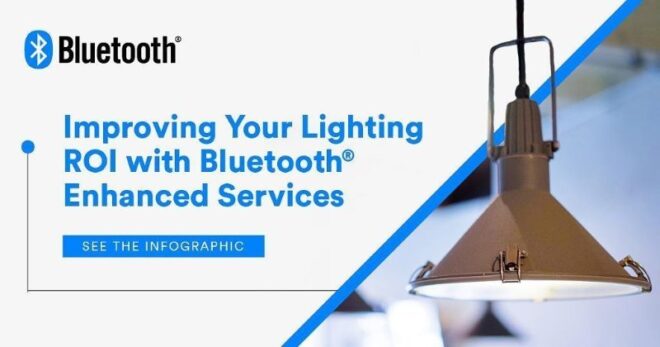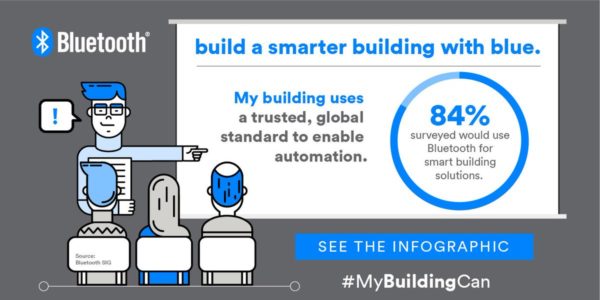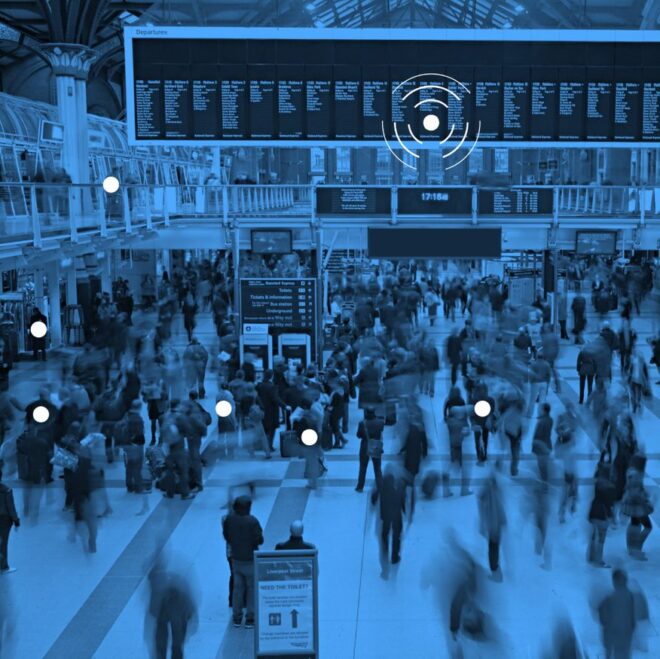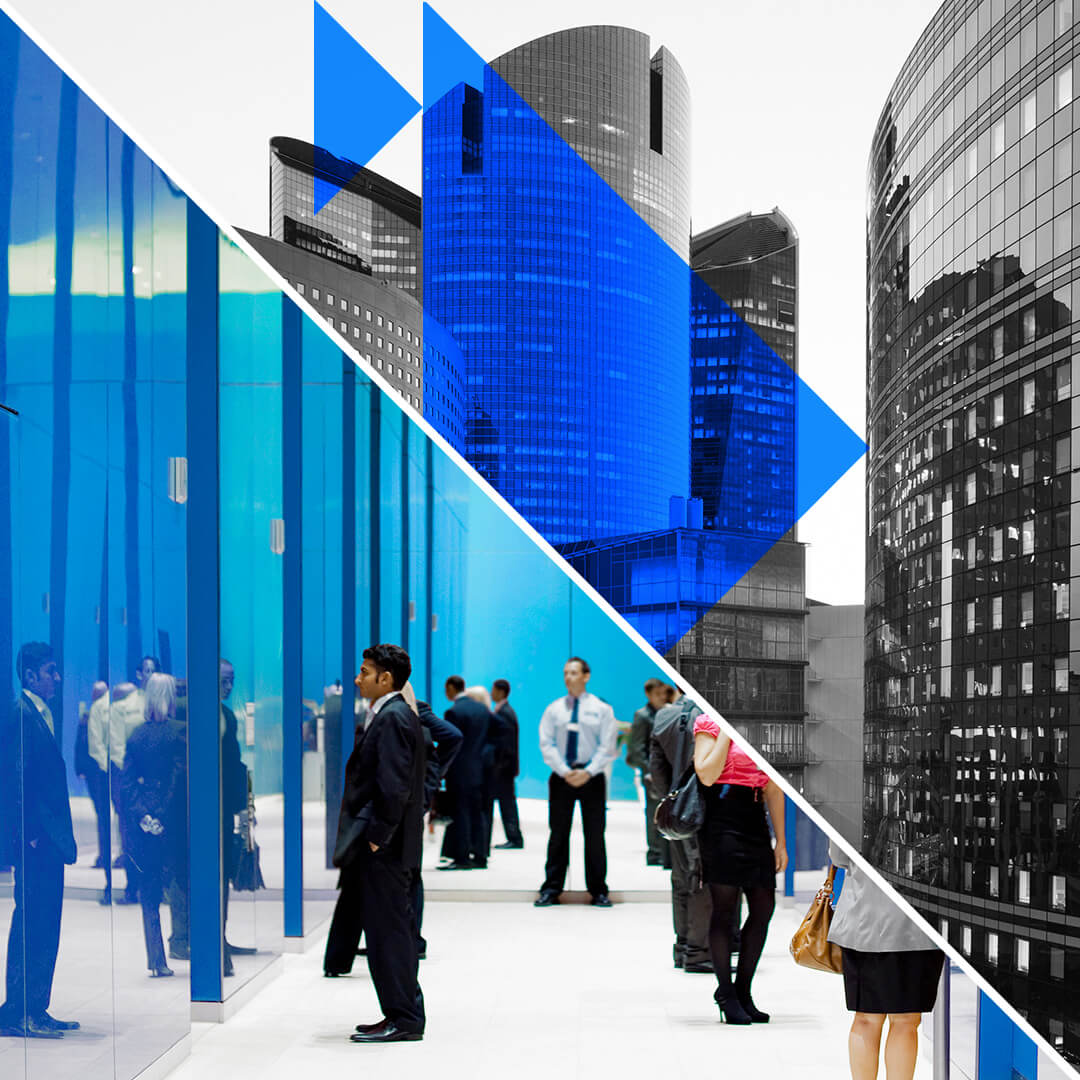
In the B-to-B context, one will easily relate a smart building into an office environment, but for us, being the technology provider for indoor location services, a smart building can be any indoor environment. It can be a factory, warehouse, hospital, elder care home, retail store, shopping mall, museum, parking lot, or even a sports arena. Quuppa enables various location-based solutions for all of the above-mentioned indoor environments.
Location data can make buildings smarter, and some of the most common use cases include locating operational assets or personnel, providing access control to buildings or vehicles, understanding workflows and space utilization, and even monitoring facility conditions, such as air quality or temperature. This data provides valuable insights and can contribute to advancements in many areas such as optimizing facility operations and enhancing safety in the workplace.
Location Services
What are location services in practice? If we take a car as an example, the Bluetooth® enabled Quuppa system is like a car’s engine. It provides reliable location coordinates down to less than sub-meter accuracy and sub-second latency. Our partners then take this location data and model the environment to create a digital twin or representation of the space and apply various business rules based on location. For the car example, this would be the same as building different car designs.
Location Services in Offices
Location services support a wide range of use cases for office environments, and the value can vary depending on the stakeholder: personnel, facility manager, landlord, security manager, or visitor. The most used and beneficial use cases for facility personnel are related to collaboration; find a colleague, a free meeting room, or a peaceful space to work. During the pandemic, an important safety-related use case that was recognised was the ability to ensure social distancing or trace back contact with a person who tested positive for infection. Facility managers benefit from access control applications and understanding and optimizing the office space in terms of temperature, air quality, and space utilization.
Location Services in Warehousing, Logistics & Manufacturing
The most mature industry verticals using location services are warehousing, logistics, and manufacturing facilities where large volumes of assets, equipment, work orders, and assembly lines are tracked on a daily basis. Knowing where the pallets, materials, tools and equipment, and shipments are can save a lot of time and resources, increasing operational efficiency by reducing the need for overtime work. Analysing the movements of personnel, trucks, and forklifts can also prevent injuries by providing alerts when two objects get too close to each other or risk entering a dangerous zone.
![]()
FEATURED WEBCAST
Optimizing Healthcare Facilities Using Wireless Technology – A Case Study
In this webcast, leaders from Riverside Healthcare, Kontakt.io, and the Bluetooth SIG demonstrate how location services technology has been integrated within healthcare facilities. They provide real examples of how medical device tracking, indoor navigation, space utilization, and other location services are helping healthcare facilities optimize their operations and improve the care they provide patients.
Location Services in Healthcare
In healthcare facilities like hospitals and elder-care homes, location data brings value to various stakeholders. By knowing the exact location of patients, required medical equipment, and inventory levels, doctors and nurses can provide better and faster care while optimizing their workflow. Location data can increase patient safety by improving patient flows, monitor the use and compliance of hand-hygiene systems, and even prevent child abduction. Tracking systems can also enable substantial revenue gains and savings. One example is operating rooms which can cost up to $100/minute. Reducing operating room turnover time allows more procedures to take place, maximises space usage, and reduces staff overtime.
Location Services in Retail
In retail environments, such as grocery stores or shopping malls, location services solutions can generate anonymous heat maps on buyer behaviour by tracking shopping baskets or carts. By better understanding customers’ journeys and behaviour inside the store, shop owners can reduce waiting times at checkouts, reduce theft, enhance store merchandising, and ensure better product placement to increase turnover per square meter. In shopping malls, location services solutions can also enhance the efficiency of maintenance and cleaning services.
A few examples of location services in other environments include museums where visitors can take advantage of interactive guided tours based on their movements within an exhibit. Also, many children’s playgrounds and amusement parks use location data to enhance security and allow parents to keep an eye on their child’s whereabouts.
Location services are already digitizing different types of spaces. Today, when entering a building, we take electricity and Wi-Fi access for granted. In ten years’ time, all buildings will be location aware, and the use cases described in this article will be mainstream.
Fabio Belloni, Chief Growth Officer & Co-Founder, Quuppa
Fabio Belloni is the chief growth officer (CGO) and co-founder of Quuppa and a leading author of advanced location technologies focusing on understanding the customer needs and accelerating the success of companies via location data. Fabio is an expert on location technologies and the benefits of accurate positioning capabilities across a wide range of use cases and industries, including manufacturing, supply chain, and logistics, healthcare, retail, security, and others. A frequent contributor to leading industry publications, he has authored numerous academic papers and has several granted patents.
![]()
FEATURED INNOVATION
Bluetooth Location Services
See how advancements in Bluetooth® technology are enabling powerful, low-cost proximity solutions and positioning systems.

